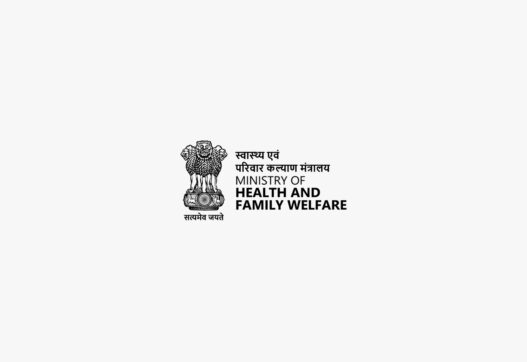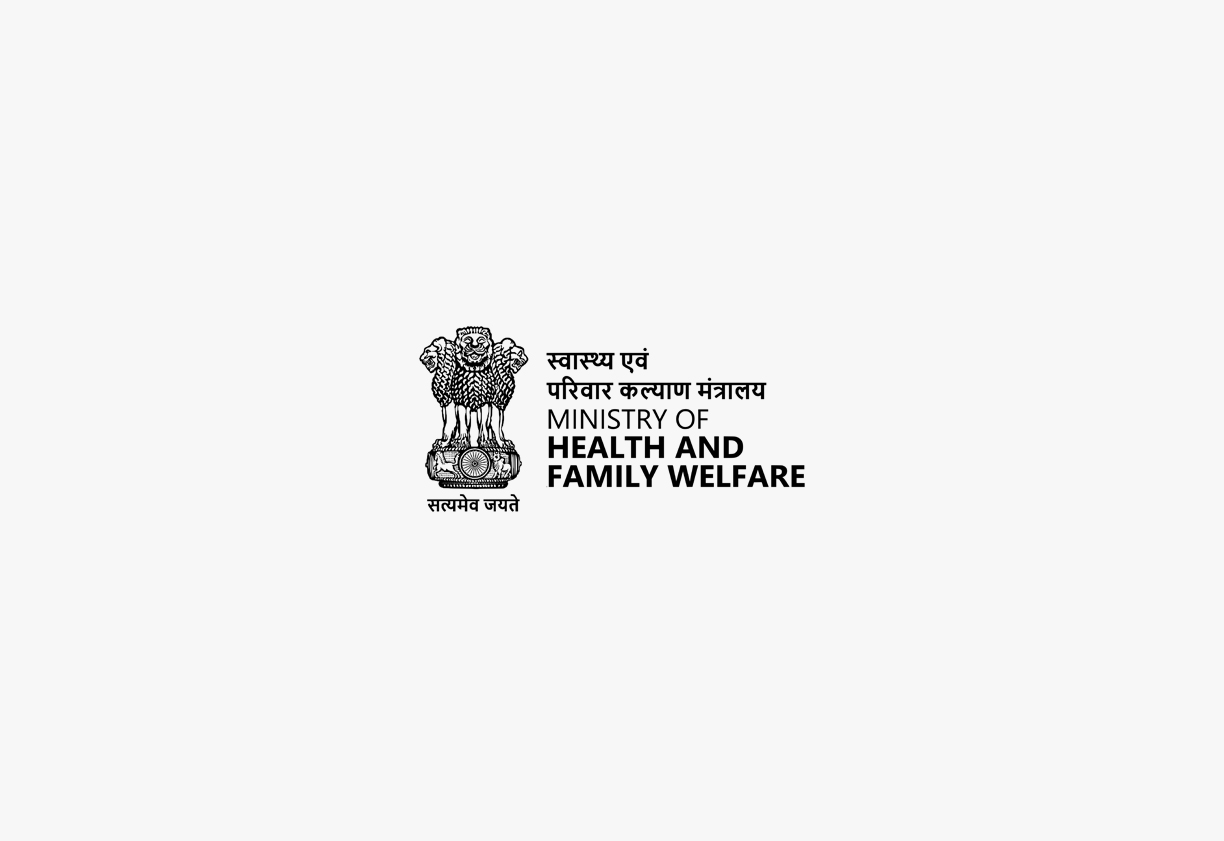Ministry of Health and Family Welfare
1: Act Background and Ministry Under Which This Act Is:
The Medical Termination of Pregnancy Act, 1971, was enacted to provide a legal framework for the termination of certain pregnancies by registered medical practitioners. This act balances the need to protect women’s reproductive rights with the need to ensure safe and legal medical procedures. The act falls under the administrative purview of the Ministry of Health and Family Welfare, which is responsible for the implementation and oversight of all matters related to medical termination of pregnancy. The ministry plays a vital role in promoting safe and legal reproductive healthcare.
2: Enactment Date, Number of Chapters, Number of Sections:
The Medical Termination of Pregnancy Act, 1971, was enacted on 10th August, 1971, and is known as Act No. 34 of 1971. This act is relatively concise, and contains no formal chapters. It is structured into 8 main sections. These sections cover various aspects such as definitions, conditions for termination, places for termination, and penalties for non-compliance. The act has been amended over time to expand its scope and effectiveness.
3: Act Governed By:
The Medical Termination of Pregnancy Act is primarily governed by the Central Government, which has the power to make rules and regulations under the Act. State Governments also play a role in implementing the act within their respective jurisdictions. The act is governed by the provisions outlined within it, as well as rules and regulations framed by the Central government. It is a combination of central and state guidelines.
4: On Whom It Is Applicable:
The provisions of the Medical Termination of Pregnancy Act are applicable to all registered medical practitioners in India. It also applies to pregnant women seeking termination of pregnancy and to the owners and administrators of hospitals and clinics where such procedures are carried out. The act ensures that all stakeholders involved adhere to the standards and regulations outlined. The act’s focus is to provide a safe and legal framework for medical termination of pregnancy.
5: Penalties/Punishments:
The act prescribes penalties for various violations, including:
-
Illegal Termination: Termination of pregnancy by a person not being a registered medical practitioner can result in imprisonment.
-
Termination in Unapproved Places: Termination of pregnancy in places not approved under the act attracts imprisonment.
-
Contravention of Regulations: Wilful contravention or failure to comply with regulations can lead to fines. The act seeks to ensure safe and legal medical procedures.
6: Important Pointers:
-
Registered Medical Practitioners: The act allows only registered medical practitioners to terminate pregnancies.
-
Conditions for Termination: It specifies the conditions under which a pregnancy can be terminated, including the length of the pregnancy and the opinions of medical professionals.
-
Approved Places: The act mandates that terminations be performed only in government-approved facilities.
-
Consent: It requires the consent of the pregnant woman, or her guardian in the case of a minor or mentally ill person.
-
Protection of Privacy: It protects the privacy of women undergoing termination of pregnancy.
-
Good Faith Actions: It protects medical practitioners from legal action for acts done in good faith under the act.
-
Rule-Making Power: It empowers the Central and State governments to make rules and regulations for carrying out the purposes of the act.
-
Focus on Safety: The act’s focus is to provide a safe and legal framework for medical termination of pregnancy.
7: Act Copy:




